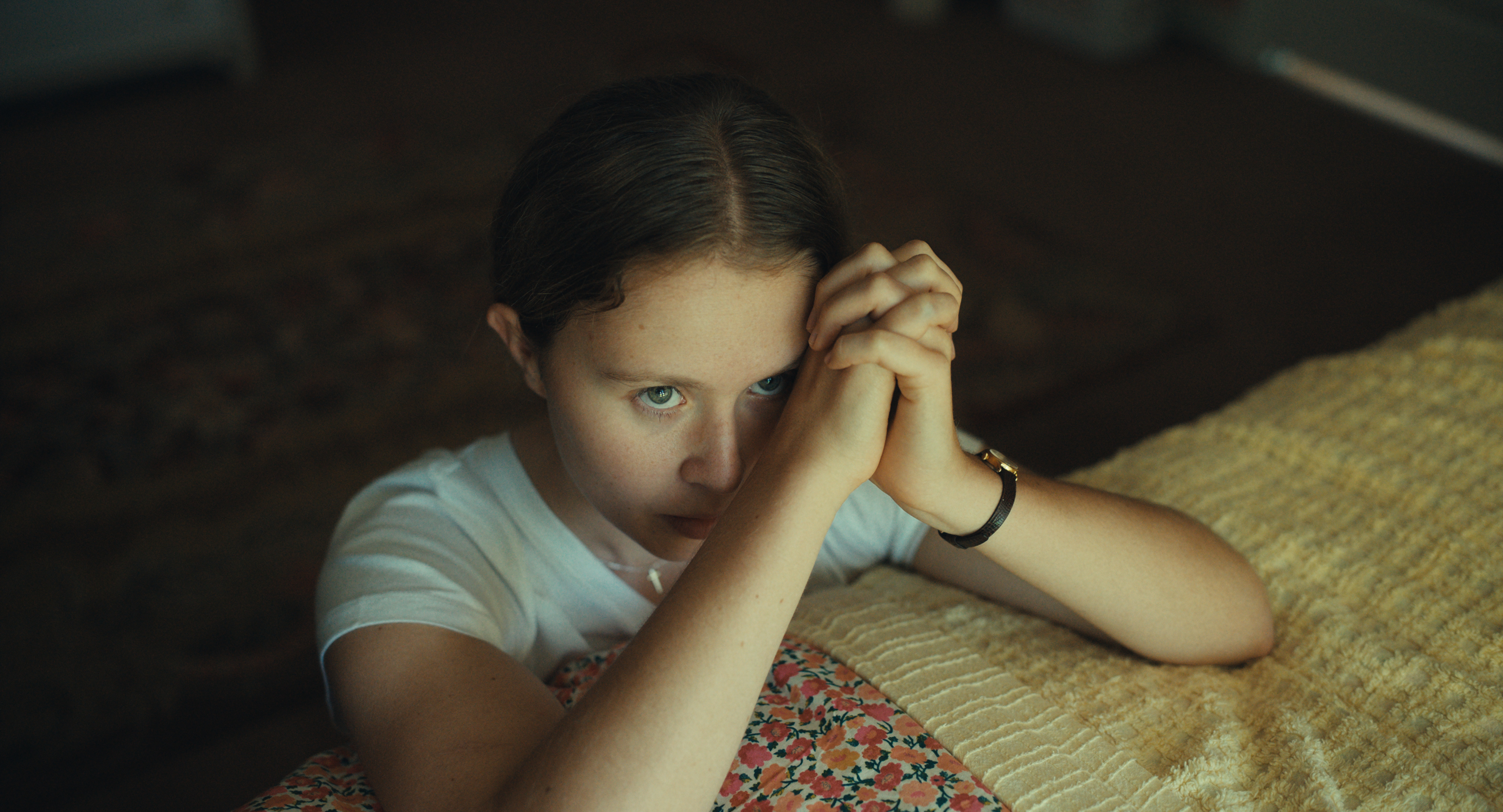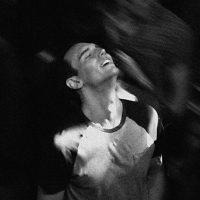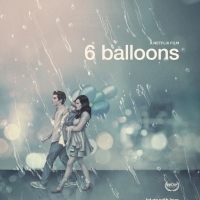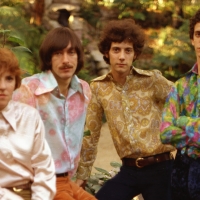Laurel Parmet’s debut feature The Starling Girl is a coming-of-age drama, following adolescent Jem Starling (played by Eliza Scanlen) navigating her ultra-religious community in Kentucky. Jem’s parents aim to ‘court’ her with a conservative boy her age from their church, but Jem has her eyes and heart set on the new youth pastor, Owen Taylor (Lewis Pullman). Several years her senior and married, the two sneak out at night and behind closed doors to pursue their mutual attraction. As their relationship becomes more involved, the ability to keep their shameful secret under wraps starts to unravel.

Credit: Brian Lannin
Taking place in a small midwestern town, Jem’s family’s expectations are essentially to follow the word of God, pray for forgiveness and find a humble and fundamentalist boy to marry after graduation. Growing up surrounded by a perpetual air of guilt, Jem’s newfound feelings for her 28 year old youth pastor Owen bubble to the surface before she hardly knows what to do with them. Scenes where the two physically jostle over an arcade game of shooting hoops or Owen telling Jem to spit out her gum in his hand are subtle yet fraught with sexual tension.
When Jem loses her virginity in the back of Owen’s car, a place she’s grown accustomed to from the multiple rides back home with him, her excitement quickly de-escalates to disappointment and hurt. “I’m sorry, I got lost in it”, says Owen, seemingly more preoccupied with his sexual tension and desires than the life-changing act he has put Jem through and marked her experience by.
Even though the adults in Jem’s life vouch for a life of monogamy and marriage, there doesn’t seem to be any depiction of loving and enduring relationships to put on a pedestal, nor any transparency when it comes to conflict. With Owen cheating on his wife and Jem’s mother making excuses for her husband’s alcoholism, Jem has to reconcile inwardly when it comes to healthy and lasting bonds. When Owen asks her if she could travel anywhere outside of Kentucky, Jem pauses, so constrained and shackled she is by the devout and conventional life she has led for the last 17 years. Even her aspirations to become a dancer and lead her group’s troupe come crashing down when her original choreography gets faulted for being too set on ‘selfish’ individualism.
As Jem’s ties with Owen become more involved, we know things cannot end well for our protagonist. Yet as she questions her inner desires and dreams, The Starling Girl treads a delicate yet believable balance, providing a glimmer of hope at asserting one’s own adolescent independence and exploration in where they see themselves in the world and who they wish to become.





